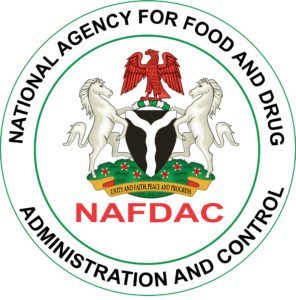World Cancer Day: Medical expert calls for healthy lifestyles
Dr Abidemi Omonisi, a Consultant Anatomic Pathologist with the Ekiti State University Teaching Hospital, Ado-Ekiti, has urged Nigerians to abstain from unhealthy lifestyles and practices that can make them susceptible to cancer.
Reports said that Omonisi made the call in Ado-Ekiti on Thursday while addressing newsmen at the Ekiti State organised programme to mark the 2021 World Cancer Day with the theme: ‘’I am and I will”.
Omonisi, also the Director, Ekiti State Cancer Registry and the Coordinator, Nigerian Cancer Society, Ekiti Chapter, said that the World Cancer Day was aimed at providing a platform for researchers, health care professionals, patients, governments, and other stakeholders to build an alliance against cancer.
The member of the Nigerian National System of Cancer Registries (NSCR), Federal Ministry of Health, Abuja and Research Committee of African Cancer Registry Network (AFRCN), described cancer as a major public health problem and one of the leading causes of death globally.
”The World Health Organization (WHO) estimated new cancer cases in 2018 to be 18.1 million with 9.6 million deaths and about 26,000 deaths per day globally.
” Unfortunately, 70 per cent of the deaths occurred in the developing countries.
“We are all affected, one way or the other by cancer. We have relatives, friends, colleagues, members of our various communities who had died, diagnosed and even treated for cancer but we have the power to reduce its impacts,” he said.
Omonisi called for personal commitment from people to reduce the global burden of cancer through healthy eating, physical activity, limiting or quitting alcohol, knowing about the signs and symptoms of cancer and early detection.
He also called on government to commit adequate resources to reduce cancer deaths and provide better quality of life for patients and survivors.
He listed some of the causes of cancer as: cigarette smoking, infections such as Human Immunodeficiency Virus (HIV) , Hepatitis B and C, Human Papilloma Virus (HPV), genetic factor and artificial ultraviolet radiations.
Others are: undue exposure to sun’s ultraviolet rays particularly by albinos; chemicals such as complex hydrocarbons, aromatic amines and certain heavy metals contained in some soaps used as skin bleaching soaps .
Omonisi cautioned farmers to strictly adhere to the necessary precautionary measures when using herbicides and pesticides in their farms.
He said that the first cancer incidence report published by the Ekiti Cancer Registry in November 2019 showed that breast cancer affected mostly females, while males suffered prostate cancer with children affected by Burkitt’s lymphoma.
Omonisi said that research on prostate, breast and cervical cancers was currently ongoing in Ekiti .
He admonished Nigerians to protect people living with cancer by obeying all non pharmaceutical precautionary measures and protocols put in place by the Federal Government in combating the ongoing COVID- 19 pandemic.
He said that cancer patients were more likely to develop the severe illness of COVID- 19 pandemic which he said might eventually lead to their death.




